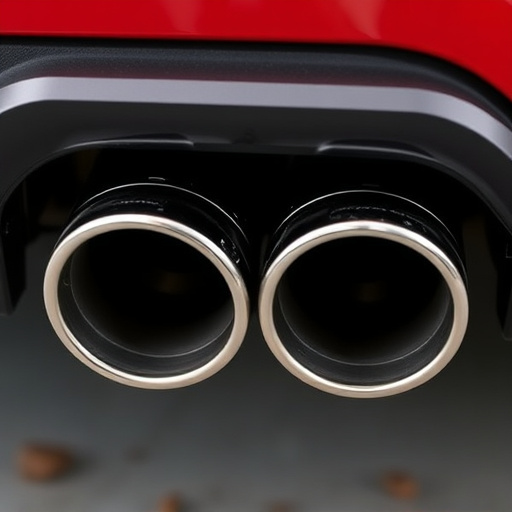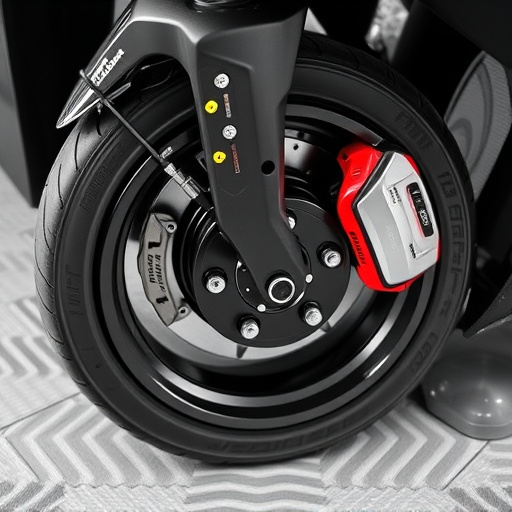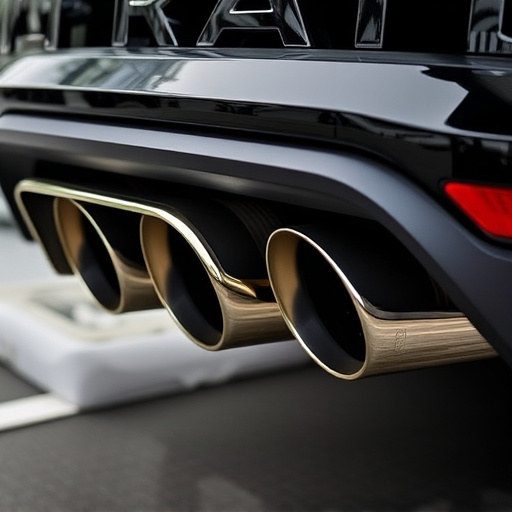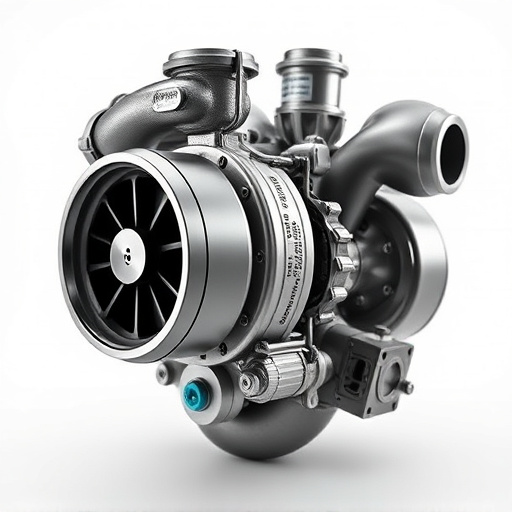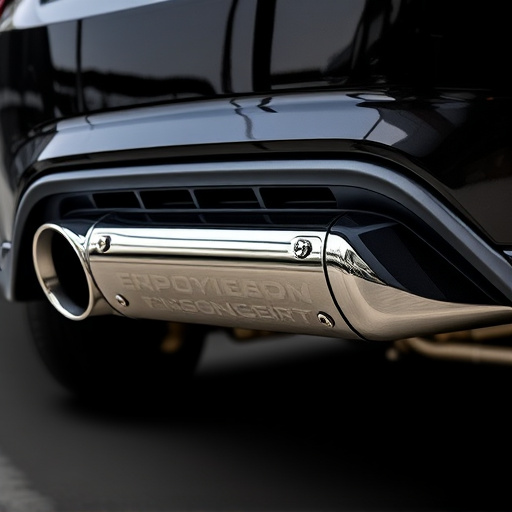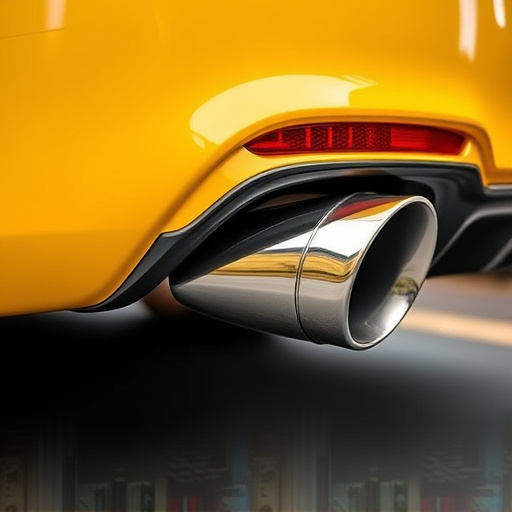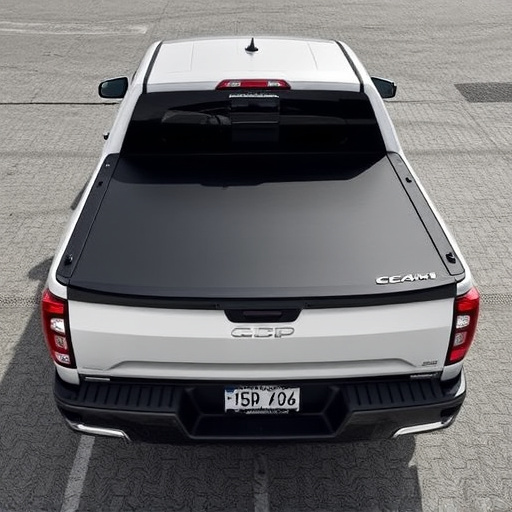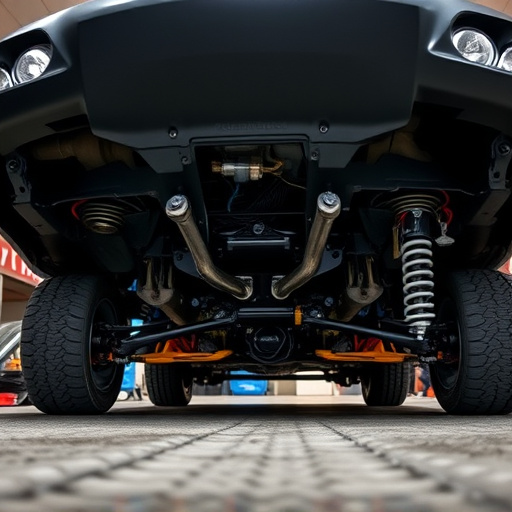Oiled air filters revolutionize automotive performance by enhancing airflow and throttle response through a thin oil layer that traps fine particles. This technology captures microscopic contaminants, ensuring purer air intake and better fuel economy while prolonging suspension component lifespan. Ideal for racing or daily driving, these filters reduce internal friction, smooth airflow, and prevent clogging in critical components, resulting in improved engine efficiency and dynamic performance. Choosing the right oiled air filter with correct oil capacity and flow rate is vital for optimal results, requiring regular cleaning and replacement to maintain peak vehicle health.
Discover the power of oiled air filters and their remarkable impact on engine performance. This article explores how these innovative filters enhance throttle response almost instantly, providing a smoother driving experience. We’ll break down the fundamentals, uncover the science behind their effectiveness, and offer guidance on selection and maintenance to ensure peak performance. Uncover why oiled air filters are gaining popularity among car enthusiasts.
- Understanding Oiled Air Filters: Basics and Benefits
- How Oiled Filters Improve Throttle Response Instantly
- Choosing and Maintaining Oiled Air Filters for Optimal Performance
Understanding Oiled Air Filters: Basics and Benefits
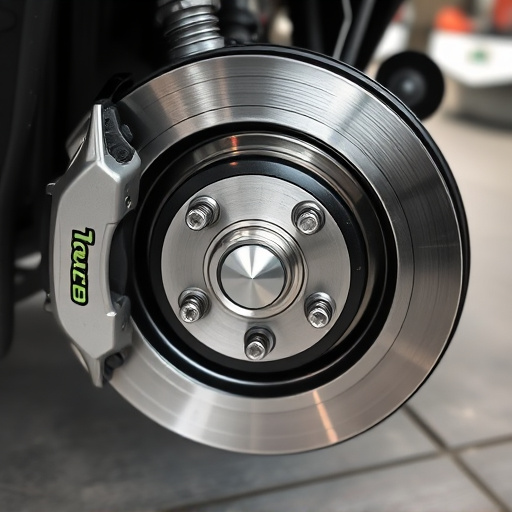
Oiled air filters are a relatively new innovation in the automotive industry, designed to offer enhanced performance and improved throttle response. Unlike traditional dry filters, these filters use a thin layer of oil to capture and hold onto fine particles, ensuring cleaner air enters the engine. This simple yet effective design offers several key benefits.
Firstly, oiled air filters provide better airflow, which is crucial for optimal engine performance. By allowing more air into the combustion chamber, these filters enable better throttle response, making the vehicle feel more responsive and agile. Additionally, the oil in the filter acts as a lubricating agent, reducing friction within the air intake system. This not only improves overall efficiency but also helps in prolonging the lifespan of suspension components and coilover kits, which are integral parts of high-performance vehicles. Furthermore, oiled air filters can trap microscopic contaminants, ensuring that only pure, untainted air reaches the engine, leading to improved fuel efficiency and reduced wear on high-performance parts.
How Oiled Filters Improve Throttle Response Instantly
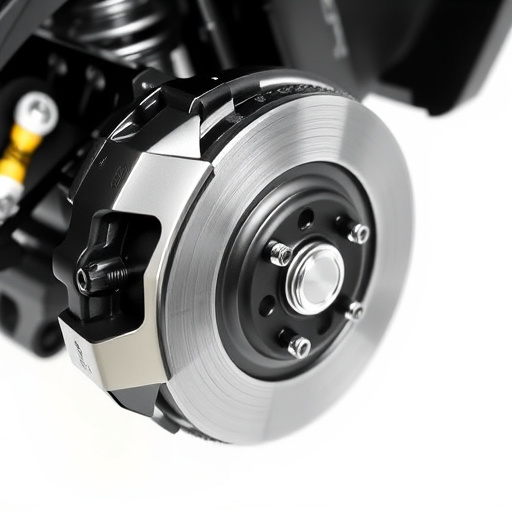
Oiled air filters enhance throttle response instantly by significantly reducing internal friction within the engine. Unlike traditional filters that trap dust and debris, oiled filters are designed to lubricate the airflow, allowing for smoother passage through the intake system. This lubrication effect minimizes restrictions in the air path, enabling faster and more responsive acceleration.
Moreover, the oil in these filters acts as a barrier against small particles, preventing them from clogging critical components like cold air intakes and even reaching the engine’s combustion chamber. By maintaining optimal airflow, oiled air filters support efficient fuel burning and better performance, especially under high-demand driving conditions. This is particularly beneficial for those who prioritize instant throttle response, such as racing enthusiasts or daily commuters seeking a more dynamic driving experience.
Choosing and Maintaining Oiled Air Filters for Optimal Performance
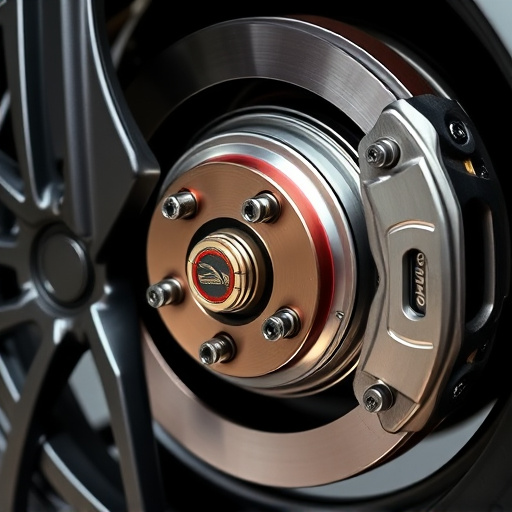
Choosing the right oiled air filter is a key step in enhancing your vehicle’s throttle response and overall performance. These filters are designed to improve airflow by trapping small particles, ensuring a cleaner and more efficient engine intake. When selecting an oiled air filter, consider factors such as your vehicle’s make and model, the type of driving you do, and whether you’re looking for a stock replacement or an upgrade for high-performance parts. Opting for a filter with the right oil capacity and a suitable flow rate will ensure optimal performance.
Proper maintenance is equally crucial. Regular cleaning and replacement are essential to keep your oiled air filter functioning at its best. Over time, contaminants can build up, reducing airflow and potentially affecting vehicle performance. Many experts recommend periodic checks and replacements, especially if you drive in areas with high dust or pollen levels. By maintaining your oiled air filter, you’re not just ensuring better throttle response but also contributing to the overall health of your exhaust systems.
Oiled air filters represent a game-changer in automotive performance, offering an instant boost in throttle response that can transform your driving experience. By immersing the air filter in oil, these filters reduce friction and improve airflow, enabling your engine to react more swiftly to input from the accelerator pedal. This simple yet effective modification is accessible to many and can significantly enhance both engine responsiveness and overall driving pleasure. Remember, when it comes to choosing and maintaining oiled air filters, selecting the right fit for your vehicle and adhering to regular cleaning or replacement schedules are key to optimal performance.






